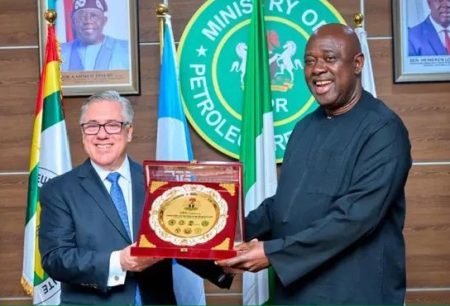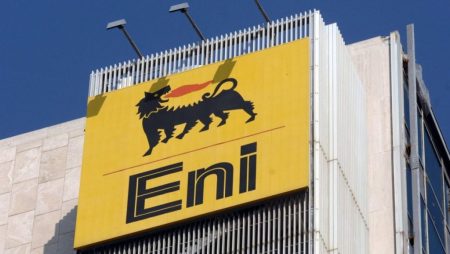 20 December 2011, Sweetcrude, LUANDA – BP will sign deals with Angola today (Tuesday) to explore for oil and gas in several blocks in the southern African country’s Kwanza Basin, Angolan state news agency, Angop, cited the oil firm’s chief executive Bob Dubley as saying.
20 December 2011, Sweetcrude, LUANDA – BP will sign deals with Angola today (Tuesday) to explore for oil and gas in several blocks in the southern African country’s Kwanza Basin, Angolan state news agency, Angop, cited the oil firm’s chief executive Bob Dubley as saying.
Angop said Dubley held a meeting with Angolan Vice President Fernando da Piedade Dias dos Santos in the capital, Luanda, on Monday to discuss the company’s investment plans in Africa’s second-largest oil producer after Nigeria.
The Kwanza Basin covers 25,000 square kilometres around Kwanza River estuary and was the site of significant discoveries between 1952 and 1974 and which resulted in total production of an estimated 82 million barrels from 12 oil fields.
Angolan state oil company Sonangol has said that though no further prospection has been done in the basin since 1974, it believes new exploration can produce discoveries as successful as those made in deep waters off the Angolan coast.
BP produces a total of 220,000 barrels of crude oil per day in Angola, where it operates the deepwater Block 18 and the ultra-deepwater Block 31 in the Congo basin, Angop said. It also has minority stakes in another two blocks operated by other majors off the Angolan coast.
‘We took the opportunity to inform the Angolan vice-president about our company’s plans and development perspectives in Angola,’ Angop quoted Dubley as saying.
BP was one of seven majors that were awarded concessions in January this year to explore Angola’s ultra-deep water blocks known as sub-salt, which analysts say could match huge discoveries made off the Brazilian coast in similar rock formations.
Dubley added that BP has already invested $15 billion in various projects in Angola and plans to invest the same amount in the country over the next two decades.
According to the company’s website, its first production in Angola began in 2001 with the Girassol field in Block 17, and its first operated project — Greater Plutonio in Block 18 — started production in October 2007.
BP restarted its 170,000-to-190,000 barrel per day Plutonio oilfield in July after a more than two-month partial outage for maintenance work.
Angola’s government has said the outage was one of the reasons for weak oil output this year, leading it to cut its 2011 economic growth forecast to 3.4 percent from 7.6 percent.
Analysts expect Angola’s oil output, which represents over 90 percent of its export revenues, to recover next year as oil fields come back on line and new projects begin production, with output possible reaching over 2 million barrels per day.



